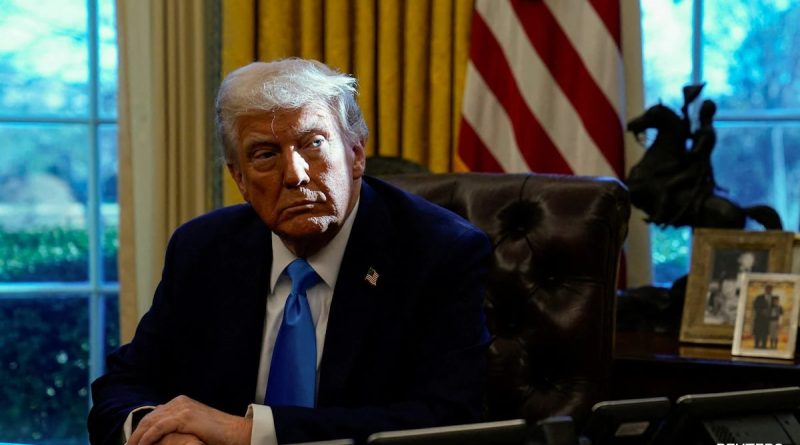Court Halts Donald Trump’s Citizenship Order, Providing Relief for Indians Living in the US Without Expiration
Federal Judge Blocks Trump’s Executive Order on Birthright Citizenship
In a significant development for Indian students and professionals residing in the United States on visas and awaiting green cards, a federal judge in Seattle has issued an indefinite injunction against President Donald Trump’s executive order aimed at ending birthright citizenship. The court’s decision comes as a relief to many individuals who were impacted by the controversial order.
Judge John Coughenour’s ruling marks a major setback for Trump’s administration, as it is the second legal blow to the President’s efforts to modify US immigration laws. The court criticized Trump for attempting to circumvent the rule of law and manipulate the Constitution for his policy objectives. Judge Coughenour emphasized the importance of upholding the rule of law and stated that any changes to birthright citizenship would require a constitutional amendment.
Legal Challenges and Nationwide Impact
The nationwide preliminary injunction issued in Seattle builds upon a previous temporary block imposed by Judge Coughenour shortly after Trump signed the executive order. The ruling came just a day after another federal judge in Maryland issued a similar injunction against the order. Both injunctions have nationwide applicability and will remain in effect while the legal proceedings continue.
The Justice Department has announced its intention to appeal the Seattle court’s order, indicating a potential escalation of the legal battle. The appeal is expected to be heard by the 9th US Circuit Court of Appeals, a left-leaning court, with the possibility of reaching the US Supreme Court in the future.
Impact on Indian Community in the US
Trump’s executive order, signed shortly after his second inauguration, raised concerns among the Indian community in the US, particularly those on temporary visas such as H-1B, L, H-4, and F visas. The order denies birthright citizenship to children born in the US to parents who are not permanent residents, posing challenges for many Indian families.
The order has implications for access to education, as children of immigrants on temporary visas may lose eligibility for in-state tuition rates, federal financial aid, and scholarships. This has prompted expectant Indian parents to expedite deliveries before the deadline set by the order.
Furthermore, immigrants stuck in green card backlogs are facing uncertainties, as their children born outside the US could be required to leave the country upon turning 21 unless they obtain another visa. The implications of Trump’s order have sparked anxiety and uncertainty among the Indian diaspora in the US.
In conclusion, the legal battle over Trump’s executive order on birthright citizenship continues to unfold, with significant implications for Indian immigrants and other communities in the US. The outcome of the appeals process and potential Supreme Court intervention will shape the future of immigration policy in the country.

